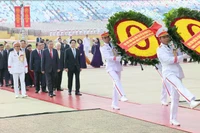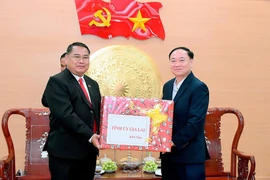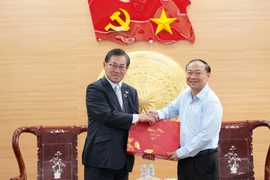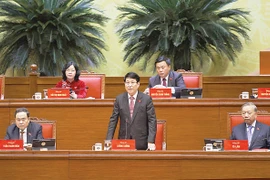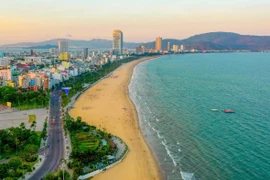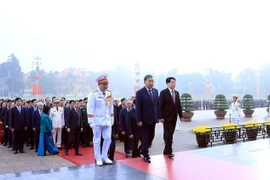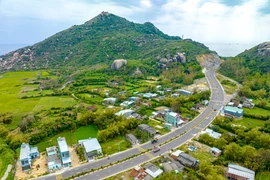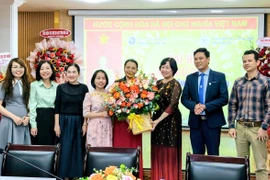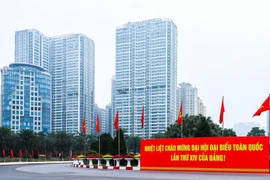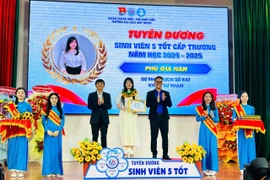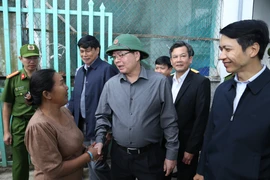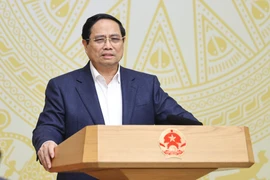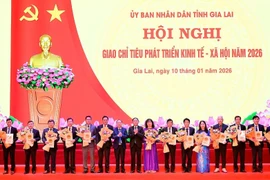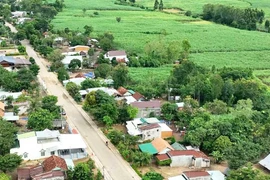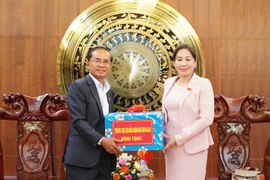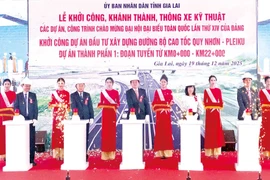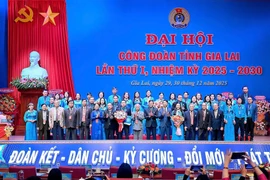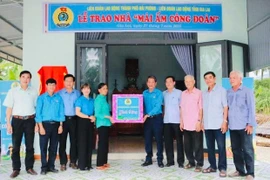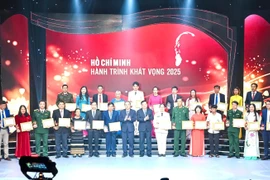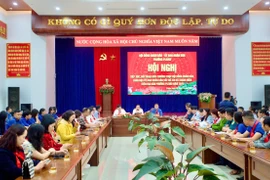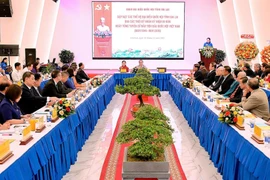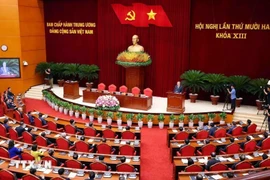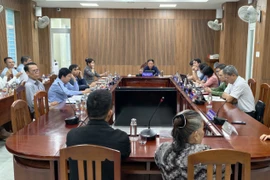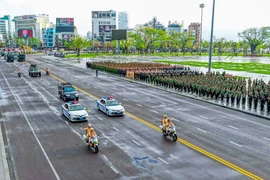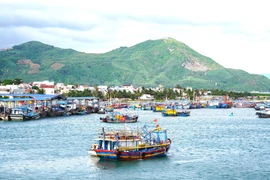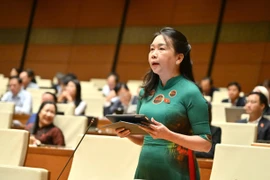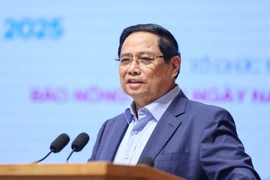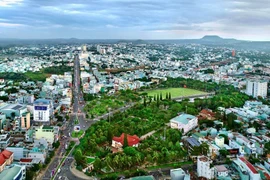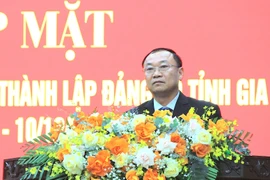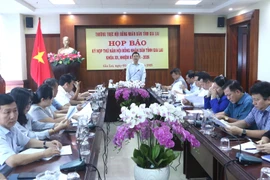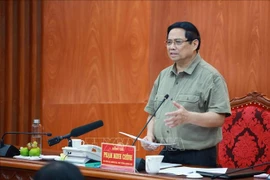Officials highlighted that the 1945 Declaration, drafted by President Ho Chi Minh, was not only a proclamation of national independence but also a universal manifesto affirming human and civil rights for all people and nations.

Despite being written in a short time under urgent revolutionary circumstances, the document has been recognized for its scientific, theoretical and humanistic significance.
Vietnamese leaders stressed that over the past eight decades, the Party and State have consistently drawn on the Declaration as a guiding foundation to design and implement policies ensuring human rights.
These efforts, they said, have allowed citizens to enjoy independence, freedom, prosperity and increasingly comprehensive rights in political, civil, economic, cultural and social spheres.
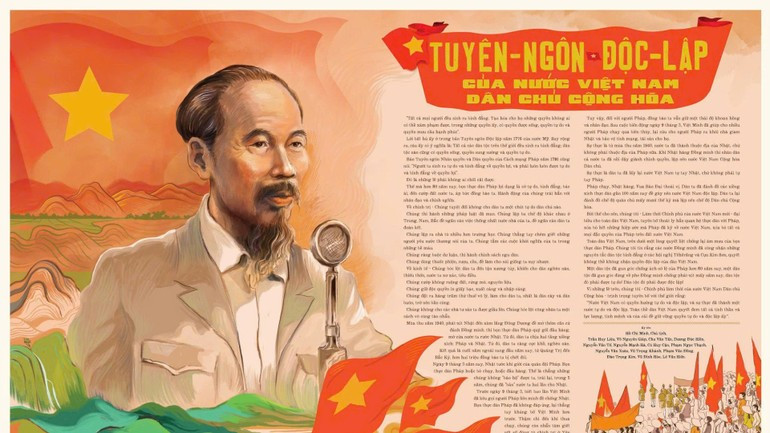
Special supplement of Nhan Dan Newspaper commemorating the 80th anniversary of National Day, September 2
Authorities rejected claims from what they described as “reactionary forces,” who allege that the Declaration merely copied from U.S. and French texts, that its human rights principles are populist slogans, or that Vietnam fails to uphold freedoms.
Such groups, officials said, fabricate reports of human rights violations, religious repression and ethnic discrimination in an attempt to tarnish Vietnam’s reputation, interfere in its internal affairs and undermine public trust.
While the American and French declarations affirm that all men are born with rights and must be free and equal, in reality, the “all men” referred to did not truly mean everyone, but only some people—at the very least, not including slaves.
The Declaration, Ho Chi Minh emphasized, connected national independence with personal freedom, stressing that genuine rights can only exist when a nation is liberated from oppression.
He expanded the concept of equality and freedom beyond the limited scope of earlier Western declarations, affirming that human rights apply to all people and all nations, not only privileged groups.
From the very first days of independence, a series of policies, laws, and regulations were issued to institutionalize and concretize the guarantee of human and civil rights.
In recent decades, Vietnam has pursued policies to improve living standards, expand social welfare, healthcare, education, ensure employment and promote social justice.
Officials noted that particular attention has been given to ethnic minorities and vulnerable groups, ensuring access to rights such as life, work, study, healthcare, social security, freedom of speech and religious practice.

Vietnam’s progress has drawn international recognition, acknowledged by the United Nations Development Programme (UNDP) as the world’s fastest-growing in Human Development Index in 2024 and among Asia’s leading nations in achieving both the Millennium Development Goals and the Sustainable Development Goals.
Vietnam has twice been elected to the United Nations Human Rights Council for the 2014-2016 and 2023-2025 terms, and is recognized by the international community for its many initiatives and responsible contributions to the protection and promotion of global human rights.
Authorities said these achievements demonstrate that Vietnam has remained faithful to the vision of the 1945 Declaration of Independence, ensuring that its values of independence, freedom, and human rights continue to thrive eight decades later.
(Source: nhandan.vn)

